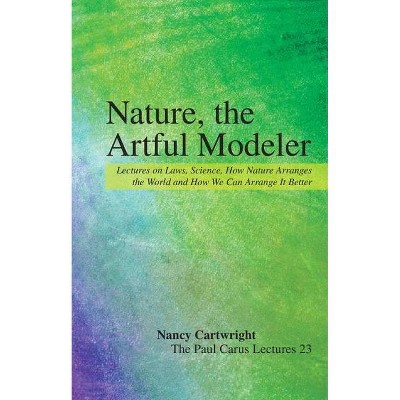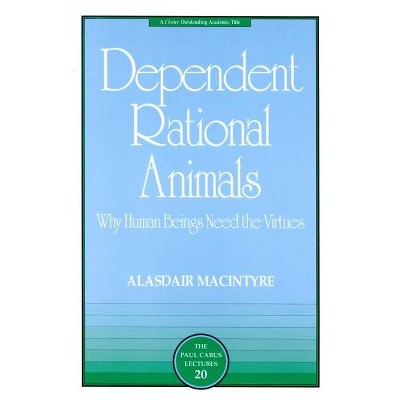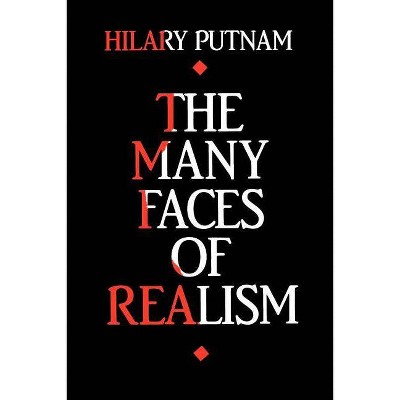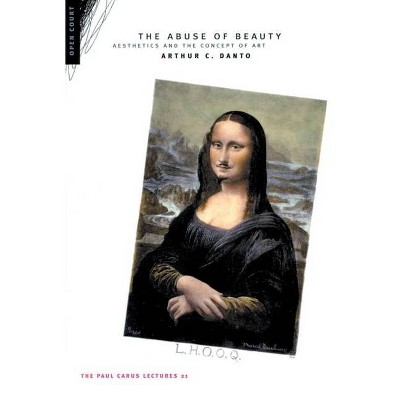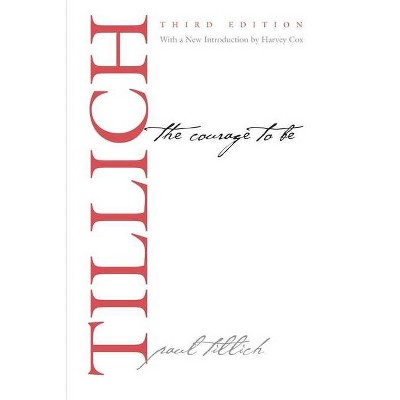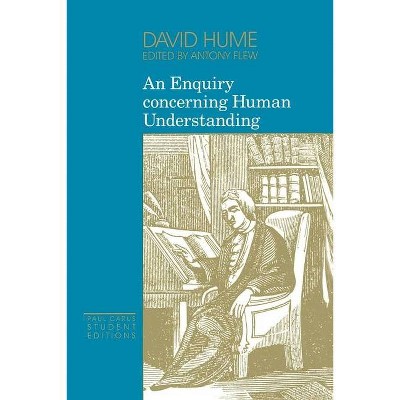The Roots of Reference - (Paul Carus Lectures) by W V Quine (Paperback)
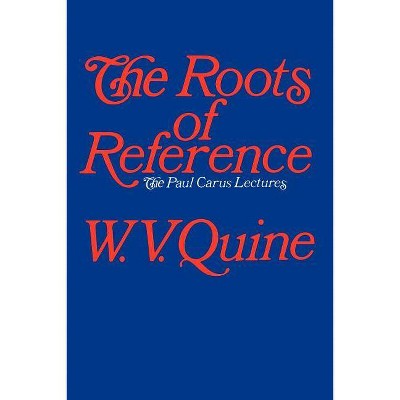
Similar Products
Products of same category from the store
AllProduct info
<p/><br></br><p><b> Book Synopsis </b></p></br></br>"Our only channel of information about the world is the impact of external forces on our sensory surfaces. So says science itself. There is no clairvoyance. How, then, can we have parlayed this meager sensory input into a full-blown scientific theory of the world? This is itself a scientific question. The pursuit of it, with free use of scientific theory, is what I call naturalized epistemology. The Roots of Reference falls within that domain. Its more specific concern, within that domain, is reference to concrete and abstract objects: what such reference consists in, and how we achieve it.<p>"Part I is a statement of general psychological presumptions regarding perception and learning. The underlying notions of cause and disposition are examined in a philosophical spirit. In Part II those considerations are brought to bear more particularly on the learning of language.<p>"Part II comes firmly to grips with the nature of reification and reference. The process is inseparable from language, and unequivocally identifiable only to the degree that the language resembles ours in certain structural respects. Stages of reification are sorted out, rudimentary to full-fledged. The full phase is heralded by the use of the relative clause with its relative pronoun and subsidiary pronouns. It is these pronouns that recur in logical notation as the bound variables of quantification.<p>"Part III concludes with a conjectural sketch of the development of reification in the race and the individual. Especial attention is directed to the positing of abstract objects: properties, classes, numbers. It is traced in large part to the serendipity of fruitful confusions. Truth, after all, can issue fromfallacious proofs; to condemn the outcome for its fallacious origin is simply to add the genetic fallacy to what had gone before. Let us count our blessings".<p/><br></br><p><b> From the Back Cover </b></p></br></br>"Our only channel of information about the world is the impact of external forces on our sensory surfaces. So says science itself. There is no clairvoyance. How, then, can we have parlayed this meager sensory input into a full-blown scientific theory of the world? This is itself a scientific question. The pursuit of it, with free use of scientific theory, is what I call naturalized epistemology. The Roots of Reference falls within that domain. Its more specific concern, within that domain, is reference to concrete and abstract objects: what such reference consists in, and how we achieve it.<P>"Part I is a statement of general psychological presumptions regarding perception and learning. The underlying notions of cause and disposition are examined in a philosophical spirit. In Part II those considerations are brought to bear more particularly on the learning of language.<P>"Part II comes firmly to grips with the nature of reification and reference. The process is inseparable from language, and unequivocally identifiable only to the degree that the language resembles ours in certain structural respects. Stages of reification are sorted out, rudimentary to full-fledged. The full phase is heralded by the use of the relative clause with its relative pronoun and subsidiary pronouns. It is these pronouns that recur in logical notation as the bound variables of quantification.<P>"Part III concludes with a conjectural sketch of the development of reification in the race and the individual. Especial attention is directed to the positing of abstract objects: properties, classes, numbers. It is traced in large part to the serendipity of fruitful confusions. Truth, after all, can issue fromfallacious proofs; to condemn the outcome for its fallacious origin is simply to add the genetic fallacy to what had gone before. Let us count our blessings".
Price History
Price Archive shows prices from various stores, lets you see history and find the cheapest. There is no actual sale on the website. For all support, inquiry and suggestion messagescommunication@pricearchive.us
